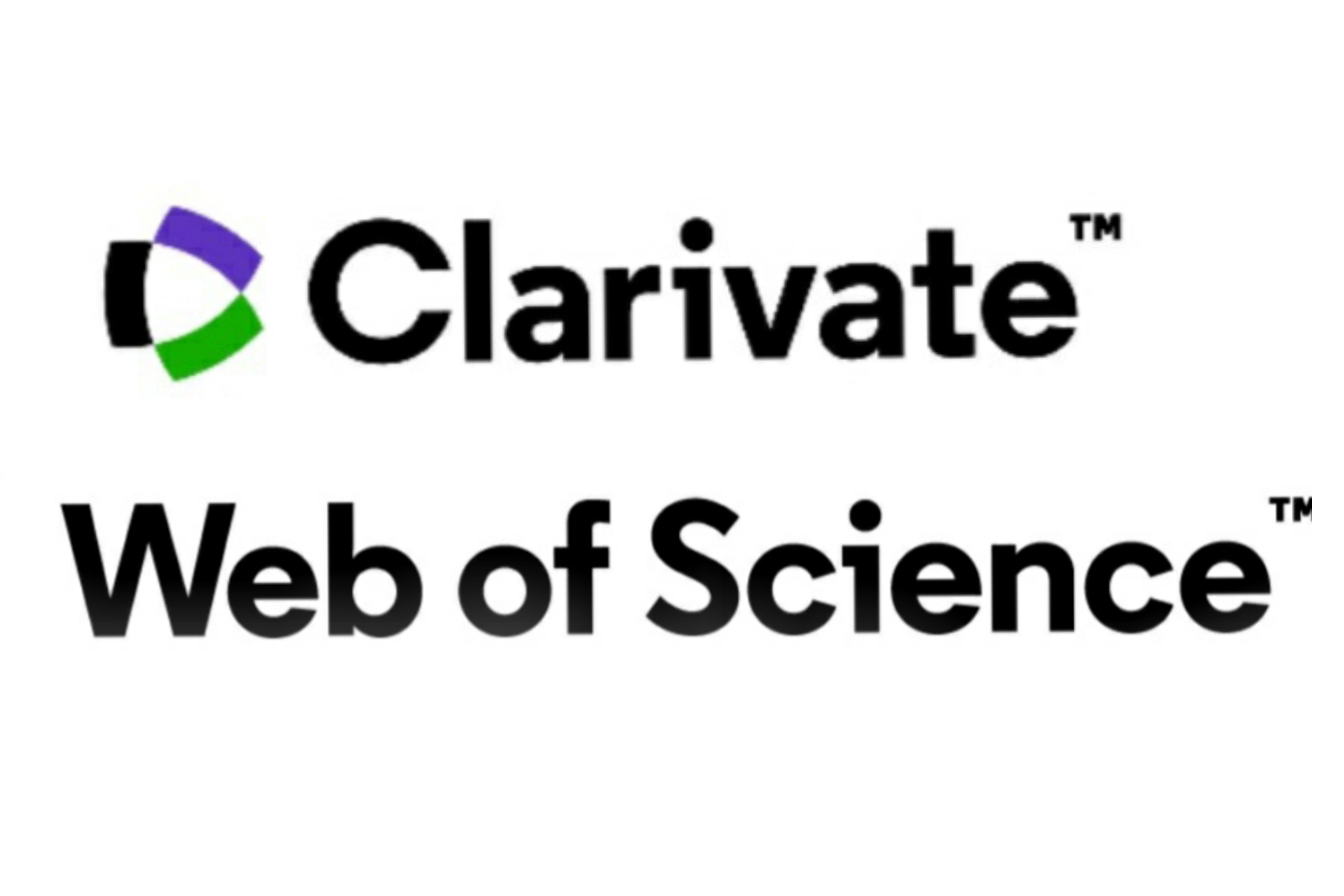NATURAL LANGUAGE PROCESSING METHODS FOR CONCEPT MAP MINING: THE CASE FOR ENGLISH, KAZAKH AND RUSSIAN TEXTS
DOI:
https://doi.org/10.26577/JMMCS.2021.v112.i4.08Keywords:
concept maps, concept map mining, natural language processing, low-resource languages, R languageAbstract
Concept maps are used for knowledge visualization via representing an input text or domain at the conceptual level. Concept maps reflect the systemic relations between key concepts of a text/ domain and thereby contribute to a deeper understanding of text/domain ideas, save time spent on reading and analysis. However, the process of concept maps construction is laborious and time consuming. Currently, there is a lot of research on the idea of automatic generation concept map from natural language texts. The problem has a high practical value, but in theoretical terms, methods for its solution are mainly language-dependent. Such methods require high-quality annotated linguistic resources, which is a serious problem for low-resource languages like Kazakh. In this work, we analyze the issues related to language-dependent approaches and present our experimental work on automatic generating concept maps from English, Kazakh and Russian texts. We use a well-known language-dependent method called ReVerb which was originally developed for English, and on the example of this method we explore the issues that we have encountered in the case of Kazakh and Russian languages.
References
[2] Falke, T., "Automatic Structured Text Summarization with Concept Maps" , Doctoral dissertation, Technische University (2019).
[3] Kudryavtsev, D., & Gavrilova, T., "From anarchy to system: A novel classification of visual knowledge codification techniques" , Knowledge and Process Management 24, (2017): 3-13.
[4] Baron N., "Do students lose depth in digital reading?"– The Conversation. Available at: https://theconversation. com/dostudents-lose-depth-in-digital-reading-61897 (2016).
[5] Fader, A., Soderland S., Etzioni O., "Identifying relations for open information extraction" , Proceedings of the 2011 Conference on empirical methods in Natural language processing (2011): 1535-1545.
[6] Oliveira A., Pereira F. C., Cardoso A.,"Automatic reading and learning from text" , Proceedings of the International Symposium on Artificial Intelligence (2001).
[7] Rajaraman K., Tan A. H., "Knowledge discovery from texts: a concept frame graph approach" , Proceedings of the eleventh international conference on Information and knowledge management (2002): 669-671.
[8] Shen R., Richardson R., Fox E. A., "Concept maps as visual interfaces to digital libraries: summarization, collaboration, and automatic generation" , Joint Conference on Digital Libraries (2003).
[9] Sue P. C. et al., "A new approach for constructing the concept map" , IEEE International Conference on Advanced Learning Technologies, Proceedings. – IEEE, (2004):76-80.
[10] E. A. Fox, R. Richardson., "Using concept maps in digital libraries as a cross-language resource discovery tool" , Proceedings of the 5th ACM/IEEE-CS Joint Conference on Digital Libraries (JCDL ’05) – (2005):256-257, doi:
10.1145/1065385.1065443.
[11] Leake, A. Valerio D., "Jump-starting concept map construction with knowledge extracted from documents" , In Proceedings of the Second International Conference on Concept Mapping, (2006).
[12] Bichindaritz I., Akkineni S., "Concept mining for indexing medical literature" , Engineering Applications of Artificial Intelligence, V 19, No 4 (2006):411-417.
[13] S. Tseng, P. C. Sue, J. M. Su, J. F. Weng, & W. N. Tsai, "A new approach for constructing the concept map" , Computers & Education, 49(3) (2007):691-707. DOI: 10.1016/j.compedu.2005.11.020.
[14] Bai S. M., Chen S. M., "Automatically constructing concept maps based on fuzzy rules for adapting learning systems" ,Expert systems with Applications, V. 35(1-2) (2008):41-49.
[15] Zouaq A., Nkambou R., "Building domain ontologies from text for educational purposes" , IEEE Transactions on learning technologies, V. 1:49-62














